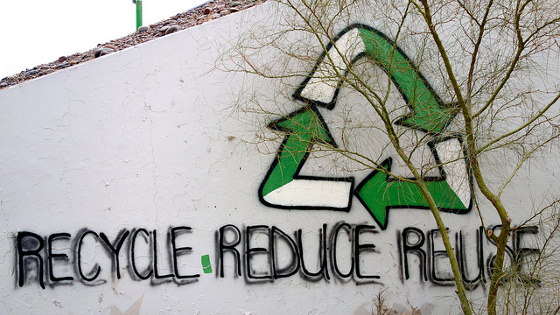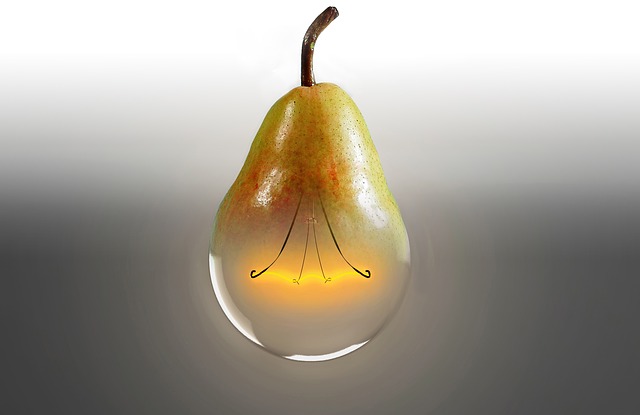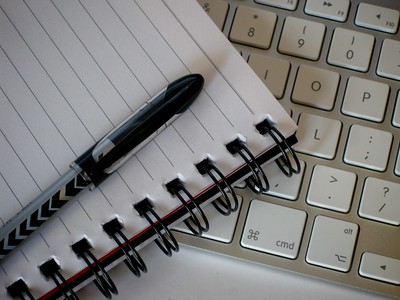Let's start the campaign!
At the end of this mission, you will have thought about what recycling routines you already do at home.
You will also work the listening and writing skills.

To introduce the topic, you are going to start doing a listening about "Recycling".
In the listening 'Eco Tips' , there is a short conversation in which Steven, a student from Costa Rica, talks with Rachel about how he tries to help the environment.
There are also some questions to check your comprehension. You can answer these questions in pairs and then you can add the result in your learning diary.

